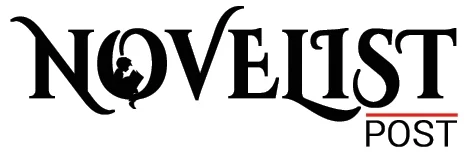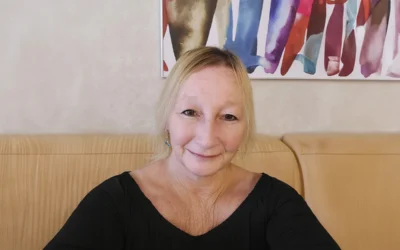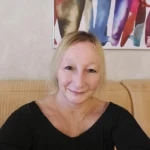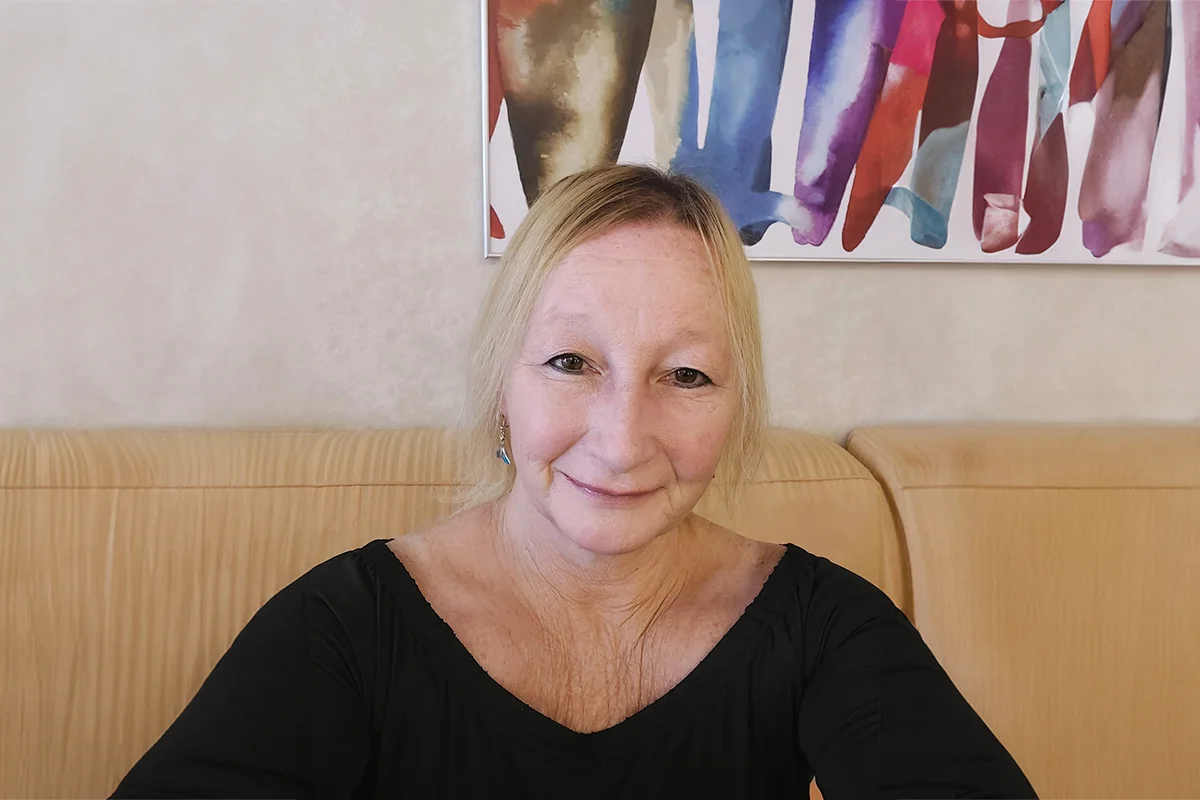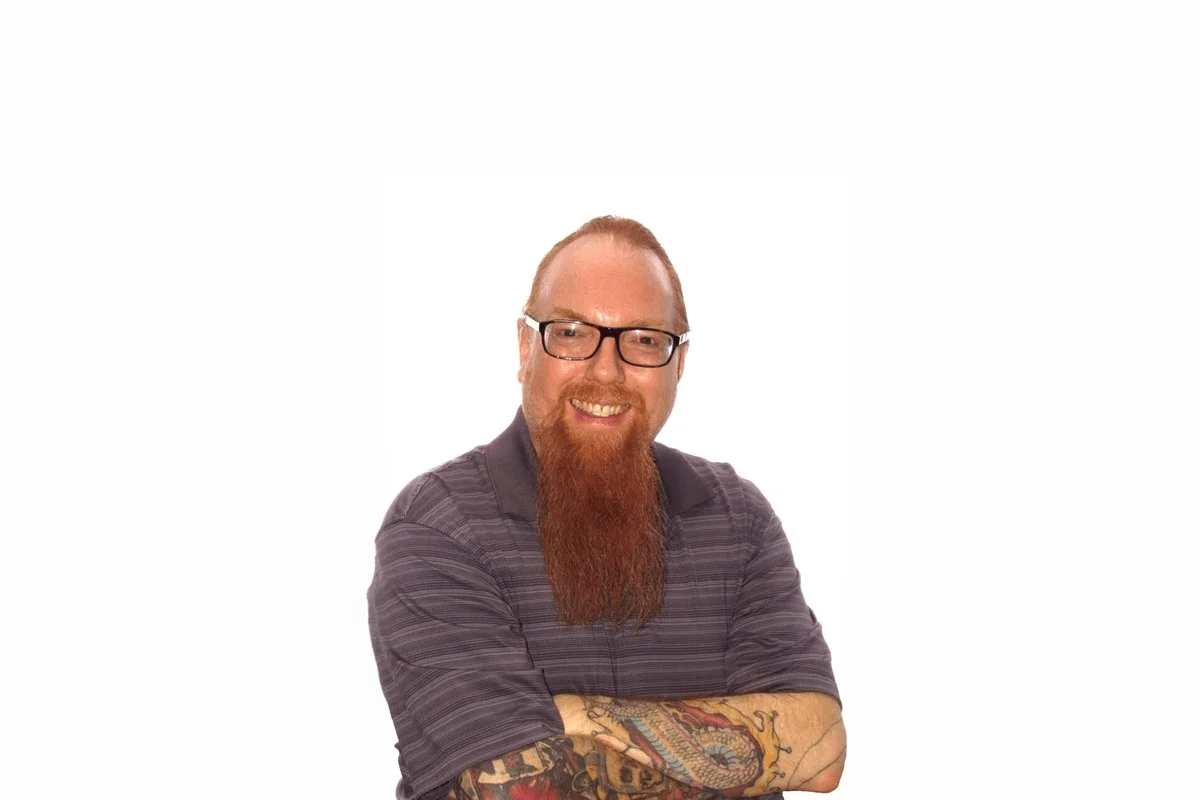Unveiling the Soul Behind the Stories
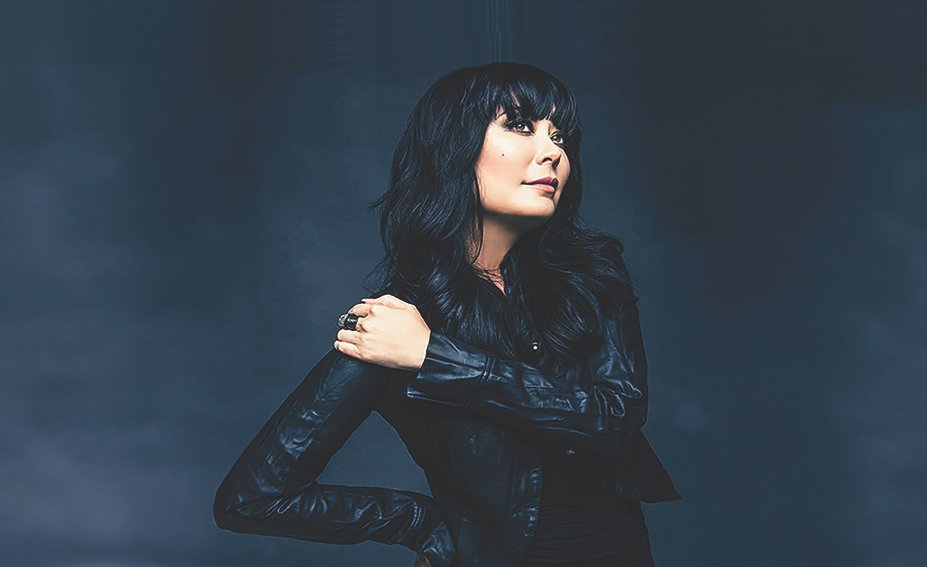
A Journey Through the Creative Realm of Tosca Lee
Delve into the creative process and personal journey of bestselling author Tosca Lee, exploring her literary pilgrimages, writing challenges, and aspirations for success.
Tosca Lee’s literary journey is a tapestry woven with threads of passion, curiosity, and unyielding determination. With a repertoire spanning from the enigmatic depths of history to the realms of speculative fiction, Lee has carved her name as an author of distinction. Her New York Times bestselling novels, including “The Line Between,” “The Progeny,” and “Iscariot,” stand as testament to her narrative prowess and her ability to captivate readers across genres.
But beyond the accolades and the pages of her books lies a woman whose essence defies the conventional boundaries of authorship. Tosca Lee is as vibrant and multifaceted as the worlds she creates, a fact illuminated by her penchant for late-night musings, indulgence in bacon, and unabashed revelry in the joys of family life. Her affinity for adventure transcends the realms of fiction, manifesting in literary pilgrimages that traverse the landscapes of King Arthur’s legend and the ancient stones of Stonehenge.
In an exclusive interview, Tosca Lee offers a glimpse into the labyrinth of her creative process, unraveling the secrets and struggles that have shaped her journey. From the paralyzing grip of overthinking to the liberating power of writing without inhibition, Lee lays bare the vulnerabilities and triumphs that accompany the path of a writer. With candor and wit, she reflects on the evolution of her craft, the pursuit of literary success, and the spiritual resonance that infuses her storytelling.
As readers, we are invited to embark on a voyage of discovery alongside Tosca Lee, traversing the uncharted territories of imagination and insight. Through her words, we are reminded that the true essence of storytelling lies not merely in the tales we tell, but in the journey of self-discovery that unfolds with each turn of the page. So join us as we delve into the heart and soul of one of today’s most compelling literary voices, and uncover the magic that resides within the mind of Tosca Lee.
Captivating author Tosca Lee shares insights into her creative journey and the inspiration behind her bestselling novels.
What literary pilgrimages have you gone on?
What a great question . I don’t think I’ve ever been asked this, but I have, indeed, been on a few! I grew up reading every book on King Arthur I could get my hands on, so my first book pilgrimage included Tintagel, Glastonbury Abby, Camelford, and every King Arthur location or reference I could convince my parents to take me to during a family trip in 1984. Before writing my first novel (unpublished) about the Neolithic people of Stonehenge, I made another trip to Salisbury Plain while I was studying Economics at Oxford in 1989. I live in the U.S., but so many of my early influences are centered in the U.K. I think those early experiences set the stage for all the research trips I’ve taken since—to Israel, Hungary, Italy, Croatia, and others.
What is your writing Kryptonite?
Overthinking things, trying to edit too much while writing the first draft, and taking a day or more away from the manuscript while writing. It takes me about half the time I was away to get back into the flow of things—half a day for a day away, and a few days for a week. Longer than a few weeks is like practically starting all over again.
How did publishing your first book change your process of writing?
Publishing a first book and starting on the second can be a bit of a shock to the system. Suddenly you are aware that people are reading your work, and you may have a deadline now for that second book for the first time in your writing life. Having to block all of this out and get down to the business of writing can take some real willpower and mind tricks. This is why my number one rule of writing is to write as though no one will ever read it. It frees you up to create with freedom and takes the pressure off.
What was the best money you ever spent as a writer?
Paying for a good freelance editor to edit my manuscript before I ever submitted it to an agent. I still get my manuscript edited before turning it in to my publisher, knowing it will get edited again. But I do it because I learn each time, and it helps me turn in as clean and tight of a manuscript as possible right off the bat.
As a writer, what would you choose as your mascot/avatar/spirit animal?
Haha, probably either a monkey because monkeys strike me as very curious, and I am a very curious person. Or a barracuda, because once I try or start something, I don’t give up easily.
How many unpublished and half-finished books do you have?
One (the Stonehenge novel, which will never see the light of day since it was my first and is very bad) and three-quarters of an unfinished fantasy novel—which I do hope to finish or revamp and finish at some point.
What does literary success look like to you?
This is a good question and one that I think changes often through the course of a career. For a long time, I just wanted to get a novel published, and then a second novel, and another. At some point, I hoped I’d be able to write full-time. Today I write full-time and feel so fortunate to do so—anything above and beyond that is a great adventure and icing on the cake. Whenever I complain about aspects of marketing or the industry, or pub dates, or whatnot, I have to stop and remind myself that I used to DREAM of having these kinds of complaints! There are other things I hope for—for one of the TV series based on my books currently in development to come to fruition, for example. But honestly, any time you can set a writing goal and accomplish it, you’re being successful.
Do you view writing as a kind of spiritual practice?
I do, in the sense that exercise can feel like a spiritual practice. Sometimes you get great clarity and flow and energy. Sometimes you have to just push yourself through it.
How long were you a part-time writer before you became a full-time one?
For me, it was a couple decades after I’d written my first novel. But from the time of my first published novel in 2006, it was about four and a half years before I went full-time.
Do you hide any secrets in your books that only a few people will find?
Yes! I have always done this. Just recently, I decided to share one of the little Easter Eggs in my novel THE LINE BETWEEN. Anyone interested can read about it here:
Does your family support your career as a writer?
Absolutely. In that respect, I feel very fortunate that they supported this dream from the beginning.
EDITOR’S NOTE

The Line Between by Tosca Lee is a gripping thriller that grabs hold of you from the very first page and doesn’t let go until the heart-pounding finale. Set against the backdrop of a world teetering on the edge of collapse, Lee weaves a tale of survival, conspiracy, and the resilience of the human spirit.
One of the most compelling aspects of this novel is Lee’s ability to create a vivid and immersive atmosphere. From the desolate landscapes of the Alaskan permafrost to the chaotic streets of a nation descending into madness, every setting feels hauntingly real, drawing readers deeper into the story with each turn of the page.
But it’s not just the setting that shines in “The Line Between” – the characters are equally captivating. Protagonist Wynter Roth is a complex and relatable heroine, grappling with her past as a member of a doomsday cult while navigating the dangers of a world she’s been taught to fear. Her journey of self-discovery is both harrowing and inspiring, as she learns to trust her instincts and forge unexpected alliances in the face of unimaginable odds.
And then there’s Chase Miller, the enigmatic former military man whose motives are as murky as the crisis unfolding around them. His dynamic with Wynter crackles with tension and chemistry, adding an extra layer of intrigue to an already gripping plot.
But perhaps the most chilling aspect of “The Line Between” is its plausibility. In an age where the threat of pandemics and societal collapse looms ever larger, Lee’s depiction of a world brought to its knees by a deadly disease feels uncomfortably timely. It’s a stark reminder of the fragility of civilization and the thin line between order and chaos.
In short, The Line Between is a masterfully crafted thriller that will keep you on the edge of your seat until the very end. With its expertly drawn characters, pulse-pounding plot, and thought-provoking themes, it’s a must-read for fans of the genre and anyone who enjoys a story that hits a little too close to home.
